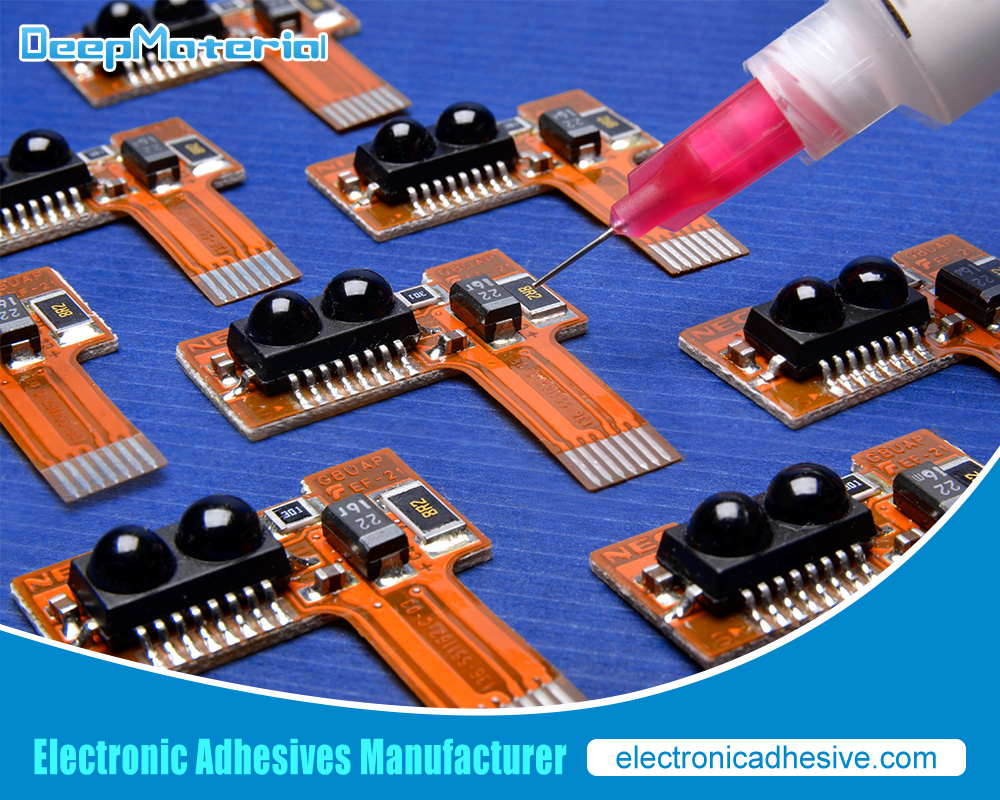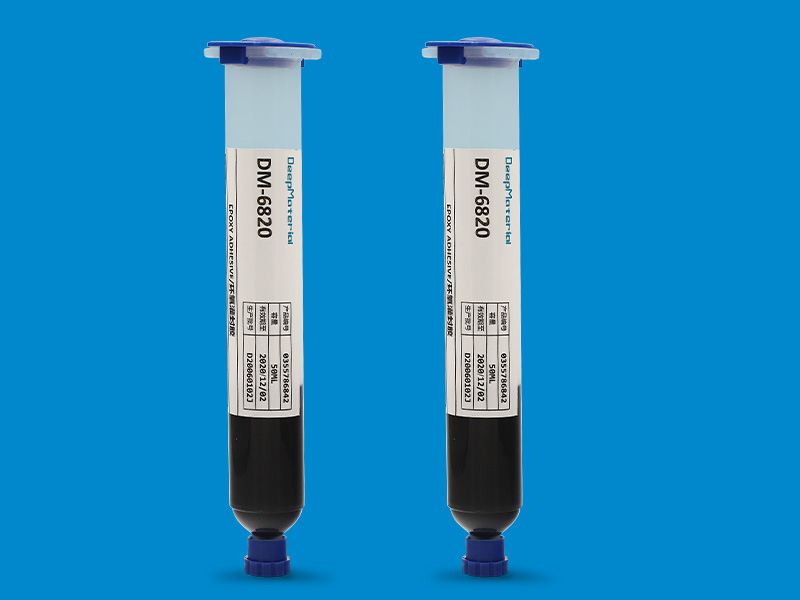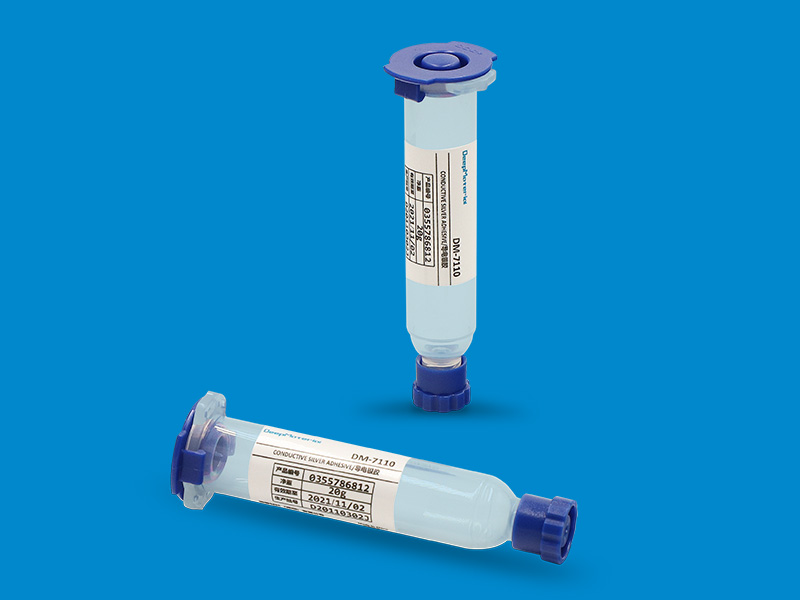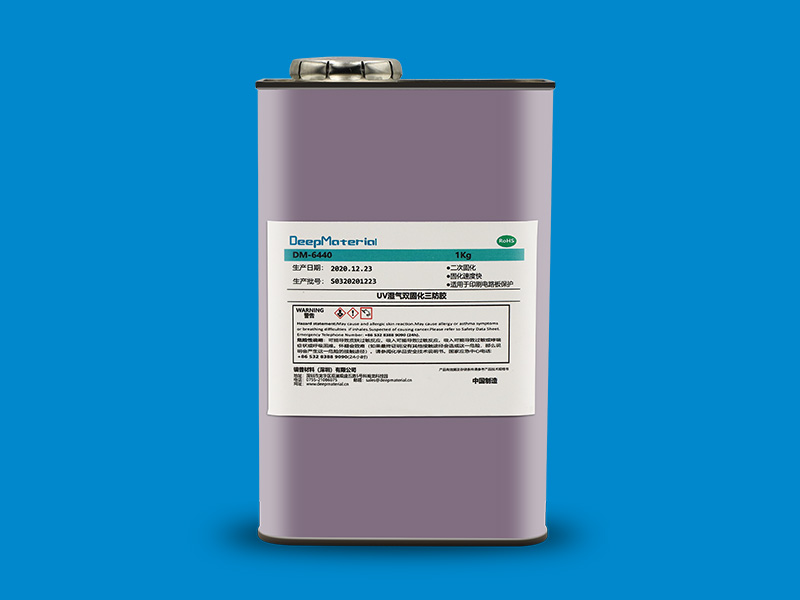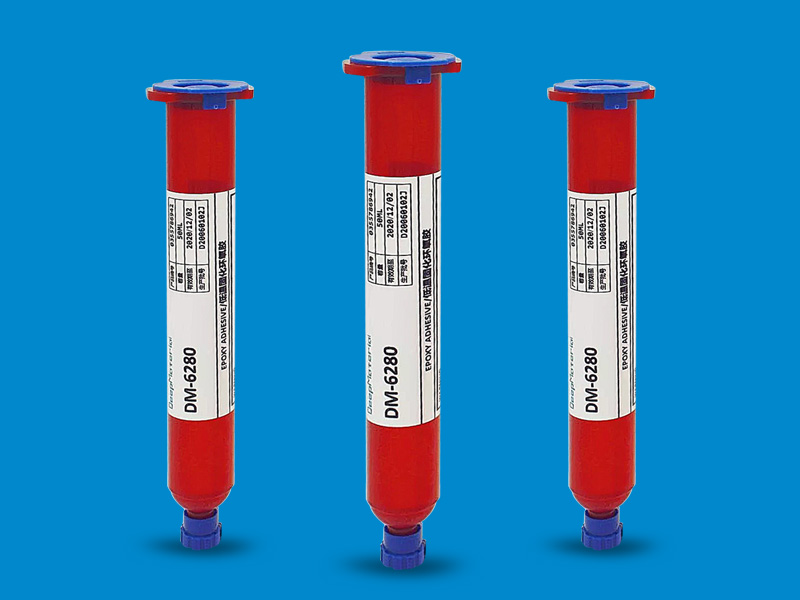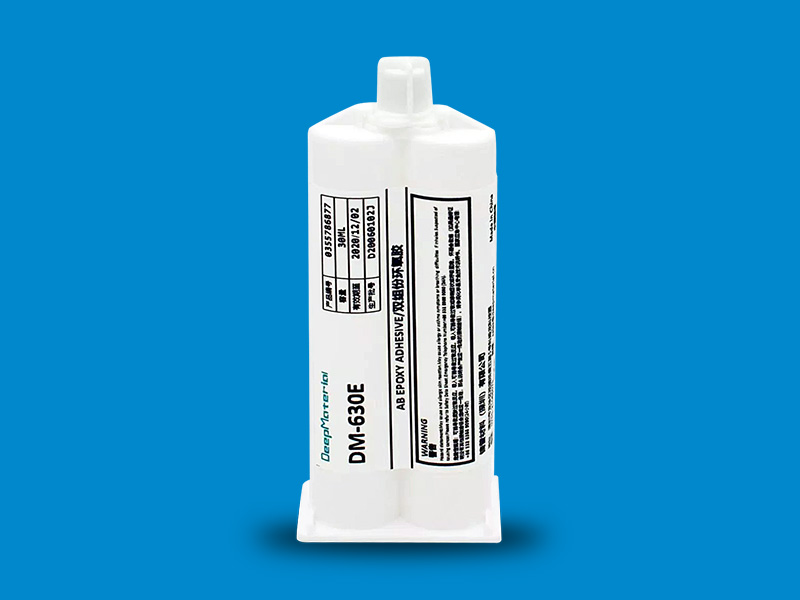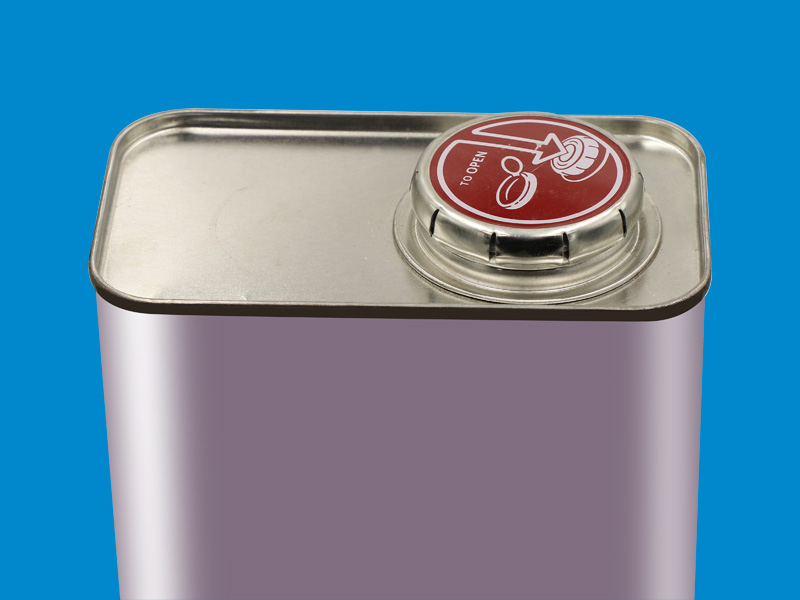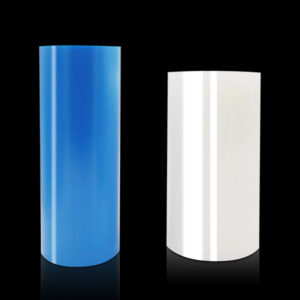How Epoxy Encapsulants Improve Reliability and Durability in Electronic Devices
How Epoxy Encapsulants Improve Reliability and Durability in Electronic Devices
Epoxy encapsulants, also known as potting compounds, play a crucial role in protecting electronic components from a wide range of environmental threats such as moisture, dust, heat, and mechanical stress. By providing a robust barrier against these elements, they significantly improve the reliability and durability of electronic devices.
In this blog post, we will delve into the fascinating world of epoxy encapsulants. We will explore how they work, their key benefits, and why they have become an indispensable part of modern electronic devices.

The Importance of Reliability and Durability in Electronic Devices
Reliability and durability are critical factors in the design and manufacturing of electronic devices. The consequences of electronic device failure can be severe, ranging from financial losses to potential safety hazards. For example, in the automotive industry, a failure in an electronic component can lead to a malfunction in the vehicle’s systems, compromising the safety of the driver and passengers. In the aerospace industry, a failure in an electronic device can have catastrophic consequences, potentially leading to the loss of human lives.
Several factors can affect the reliability and durability of electronic devices. One major factor is environmental conditions. Electronic devices are often exposed to harsh environments, including temperature extremes, moisture, dust, and corrosive chemicals. These environmental factors can degrade the performance and lifespan of electronic components if not adequately protected. Another factor is mechanical stress. Electronic devices are subject to shock and vibration during transportation and operation. These mechanical stresses can cause damage to delicate electronic components, leading to failure.
How Epoxy Encapsulants Protect Electronic Components
Epoxy encapsulants provide chemical and physical protection to electronic components, shielding them from environmental factors and mechanical stress. One of the primary functions of epoxy encapsulants is to provide moisture and corrosion resistance. Moisture can cause short circuits and corrosion, leading to the degradation of electronic components. Epoxy encapsulants create a barrier that prevents moisture from reaching the sensitive electronic parts, ensuring their longevity and reliability.
In addition to moisture and corrosion resistance, epoxy encapsulants also absorb shock and vibration. Electronic devices are often subjected to mechanical stress during transportation and operation. The encapsulant material absorbs the impact and dissipates the energy, protecting the delicate electronic components from damage. This shock and vibration absorption capability is crucial in industries such as automotive and aerospace, where electronic devices are exposed to extreme conditions.
Advantages of Using Epoxy Encapsulants in Electronic Devices
The use of epoxy encapsulants in electronic devices offers several advantages, including improved reliability and durability, enhanced thermal management, and cost-effectiveness.
Improved reliability and durability
Epoxy encapsulants provide a protective barrier that shields electronic components from environmental factors and mechanical stress. This protection ensures the longevity and reliability of the devices, reducing the risk of failure. By preventing moisture ingress and corrosion, epoxy encapsulants significantly improve the lifespan of electronic components.
Enhanced thermal management
Electronic devices generate heat during operation, and excessive heat can degrade the performance and lifespan of electronic components. Epoxy encapsulants have excellent thermal conductivity properties, allowing them to dissipate heat efficiently. By improving thermal management, epoxy encapsulants help maintain optimal operating temperatures for electronic components, ensuring their reliability and performance.
Cost-effectiveness
The use of epoxy encapsulants can be cost-effective in the long run. By protecting electronic components from environmental factors and mechanical stress, epoxy encapsulants reduce the risk of failure and the need for costly repairs or replacements. Additionally, epoxy encapsulants can be easily applied during the manufacturing process, reducing production time and costs.
Types of Epoxy Encapsulants and Their Properties
There are various types of epoxy encapsulants available, each with its own set of properties and characteristics. The choice of encapsulant depends on the specific requirements of the electronic device and its intended application. Some common types of epoxy encapsulants include:
Thermally conductive epoxy encapsulants
These encapsulants have high thermal conductivity, allowing them to efficiently dissipate heat generated by electronic components. They are commonly used in applications where thermal management is critical, such as power electronics and LED lighting.
Electrically insulating epoxy encapsulants
These encapsulants provide electrical insulation, preventing short circuits and electrical leakage. They are commonly used in applications where electrical isolation is required, such as circuit boards and power modules.
Flame-retardant epoxy encapsulants
These encapsulants have flame-retardant properties, reducing the risk of fire in electronic devices. They are commonly used in applications where fire safety is a concern, such as aerospace and automotive electronics.
The properties of epoxy encapsulants can vary, including viscosity, cure time, and thermal conductivity. Viscosity determines the flowability of the encapsulant material, with lower viscosity allowing for better penetration and coverage of electronic components. Cure time refers to the time it takes for the encapsulant to fully harden and provide maximum protection. Thermal conductivity measures the ability of the encapsulant to dissipate heat, with higher thermal conductivity resulting in efficient thermal management.
How Epoxy Encapsulants Enhance Thermal Management in Electronic Devices
Thermal management is a critical aspect of electronic device design, as excessive heat can degrade the performance and lifespan of electronic components. Epoxy encapsulants play a crucial role in improving thermal management by efficiently dissipating heat generated by electronic components.
Epoxy encapsulants with high thermal conductivity properties can effectively transfer heat away from electronic components, preventing overheating. These encapsulants act as a thermal bridge between the heat-generating components and the surrounding environment, allowing for efficient heat dissipation. By maintaining optimal operating temperatures, epoxy encapsulants ensure the reliability and performance of electronic devices.
Examples of improved thermal management with epoxy encapsulants can be seen in power electronics applications. Power electronic devices, such as inverters and converters, generate significant amounts of heat during operation. By using epoxy encapsulants with high thermal conductivity, the heat generated by these devices can be efficiently dissipated, preventing overheating and ensuring their reliability.
Examples of Improved Reliability and Durability with Epoxy Encapsulants
There are numerous real-world examples of electronic devices that have benefited from the use of epoxy encapsulants, resulting in improved reliability and durability. One such example is the automotive industry, where epoxy encapsulants are used to protect electronic components in vehicles. These encapsulants provide moisture and corrosion resistance, ensuring the longevity and reliability of the components in harsh environments.
Another example is the aerospace industry, where epoxy encapsulants are used to protect electronic components in aircraft. These encapsulants provide protection against moisture, corrosion, and mechanical stress, ensuring the reliability of critical systems in aircraft.

Last Words on How Epoxy Encapsulants Improve Reliability and Durability in Electronic Devices
Epoxy encapsulants play a crucial role in enhancing the reliability and durability of electronic devices. These encapsulants provide chemical and physical protection to electronic components, shielding them from environmental factors and mechanical stress. By preventing moisture ingress, corrosion, and damage from shock and vibration, epoxy encapsulants ensure the longevity and reliability of electronic devices.
The use of epoxy encapsulants offers several advantages, including improved reliability and durability, enhanced thermal management, and cost-effectiveness. These encapsulants can be tailored to specific applications, with different types and properties available to meet the requirements of electronic devices.
For more about choosing the Epoxy Encapsulants Improve Reliability and Durability in Electronic Devices, you can pay a visit to DeepMaterial at https://www.electronicadhesive.com/about/ for more info.


